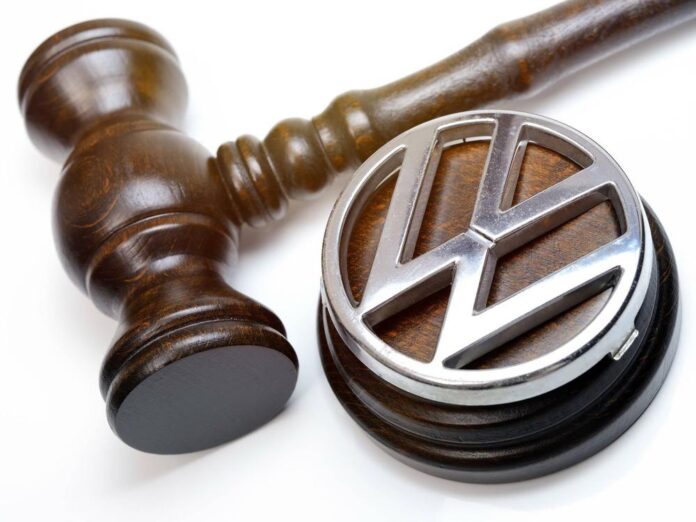Dieselgate is a controversy that began in 2015. It involves major car manufacturers that manipulated emissions tests. Specifically, the issue centers around the discovery that several million diesel vehicles worldwide were installed with software altering their performance during regulatory emissions testing.
This software made the cars appear compliant with emissions standards by reducing harmful NOx gas emissions during tests. However, under normal driving conditions, these vehicles emitted pollutants at levels that were much higher than permitted. Nitrogen oxide and nitrogen dioxide contribute to serious health issues such as respiratory diseases.

This deception led consumers to believe they were purchasing environmentally-friendly vehicles when, in fact, they were contributing to air pollution. Legal actions have been instigated worldwide, seeking justice and compensation for car owners who paid premium prices for their purportedly clean diesel cars, only to find out they were misled.
| Alleged Misconduct | Factual Basis |
| Installation of defeat devices | Vehicles were enabled to pass emissions tests by falsely showing compliance. |
| Elevated on-road emissions | Nitrogen oxide and dioxide levels were higher than legally allowed during normal driving. |
| Health risks | These NOx emissions have been linked to thousands of premature deaths annually. |
| Financial penalties | Billions in euros have been paid in fines and settlements by implicated companies. |
Implicated manufacturers have faced both criminal charges and significant financial ramifications. For instance, German automotive giant Volkswagen has incurred over 30 billion euros in fines and settlements. Numerous law firms have taken on the challenge of representing affected individuals who sought legal redress. They formed group litigations aimed at holding the manufacturers accountable.
Consumer Action and Legal Proceedings+

Pogust Goodhead, formerly known as PGMBM, is an international law firm specializing in class action lawsuits and mass tort litigation. The firm has made headlines for its high-profile cases against large multinational corporations including the Dieselgate scandal.
Legal teams wielded various tactics to recruit clients. These include advertising campaigns and promises of substantial compensation on a “no win no fee” basis. However, the revelation that Pogust Goodhead altered the agreed commission rates from 35% to 50% due to an alleged typographical error sparked outrage amongst their clients.
Accusations of exploitative behavior by the firm have been voiced through online platforms and direct feedback to the company. The dissatisfaction has been further exacerbated by reported persistent requests for duplicate information and subpar customer service.
The pursuit for recompense is ongoing, not limited to just Volkswagen but also extending to Mercedes and other manufacturers. Actions in the UK courts are slated for the coming years. These cases may shape not only consumer protection law but also the automotive industry’s future practices.
| Public Reaction | Trustpilot Ratings | Legal Outcomes So Far |
| Discontent with fee changes | Negative | Volkswagen settlement of £193 million with motorists in 2022 |
A movement for reparation ensues as multiple law firms engage in litigation to represent aggrieved clients. Each firm varies in its fee structure, with some demanding up to half the successful claim’s compensation.
This has brought the matter of legal fees to the forefront, stirring a broader debate on principles and practices in consumer litigations, the broader transparency within the legal industry, and the ethics of litigation funding deals. The resolution of these cases may serve as a precedent to enhance consumer confidence and access to justice.







